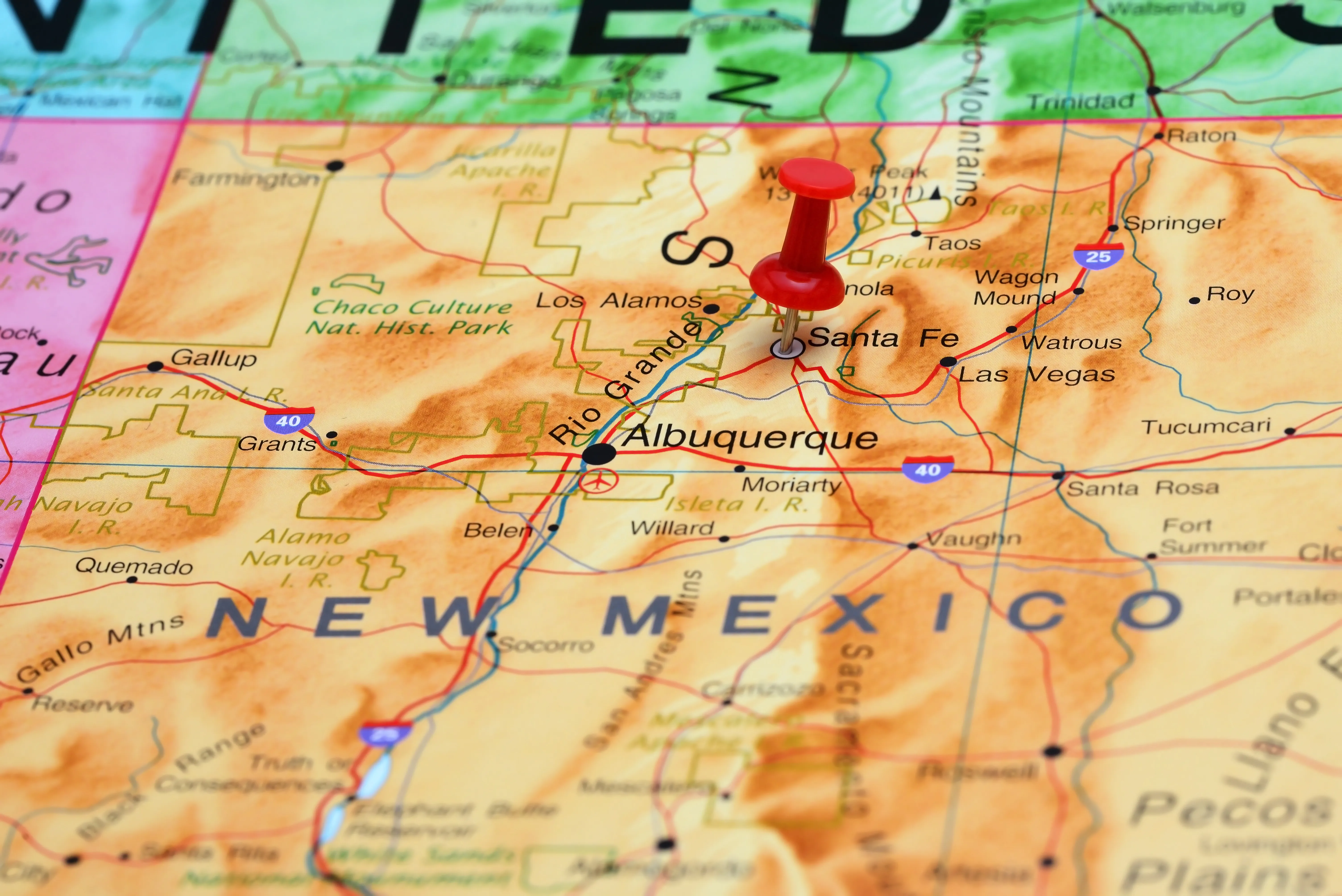
New project weaves in older populations in responding to climate threats
Click play to listen to this article.
(Minnesota News Connection) From prolonged droughts to intense rain and snowstorms, the Midwest is not immune to climate change threats.
An emerging resource aims to place more focus on how these threats intersect with an aging population. Academic leaders have established the Aging and Climate Change Clearinghouse. Officials said the goal is to spur and catalog research, intervention work and policy efforts around the U.S. to address climate change vulnerability among those 65 and older.
Karl Pillemer, professor of gerontology in medicine at Weill Cornell Medicine and professor of psychology at Cornell University, directs the project and said if extreme heat events become more common in this part of the country, older residents are unlikely to be equipped to protect themselves.
"For example, a number of older people in areas prone to heat events don't have air conditioning because they've never needed it," Pillemer pointed out.
He suggested state-level climate adaptation plans need more specific details on protecting older residents. Meanwhile, project officials stressed they do not want to portray senior citizens as victims, and getting involved is not just meant for younger generations. The clearinghouse encourages older individuals to raise awareness and serve as volunteers in making their communities climate resilient.
Pillemer added the nation also needs to set aside political ideology in confronting climate topics.
"Even if you have your doubts about what causes climate change, almost everybody can agree that we're experiencing changing weather patterns that are going to affect vulnerable people," Pillemer emphasized.
Beyond preparation gaps, he noted chronic health issues -- made worse by air pollution -- and health care access barriers are ways in which the population will especially feel the climate change burden. The project cites data showing by 2030, more than one in five Americans will be at least 65 years old, underscoring vulnerability concerns.
















